Two-thirds of all animals will be gone within just a few years. This is the incredible conclusion by researchers behind a global report published by the World Wildlife Fund. It is the first time a single species on Earth is the direct cause of a mass extinction.

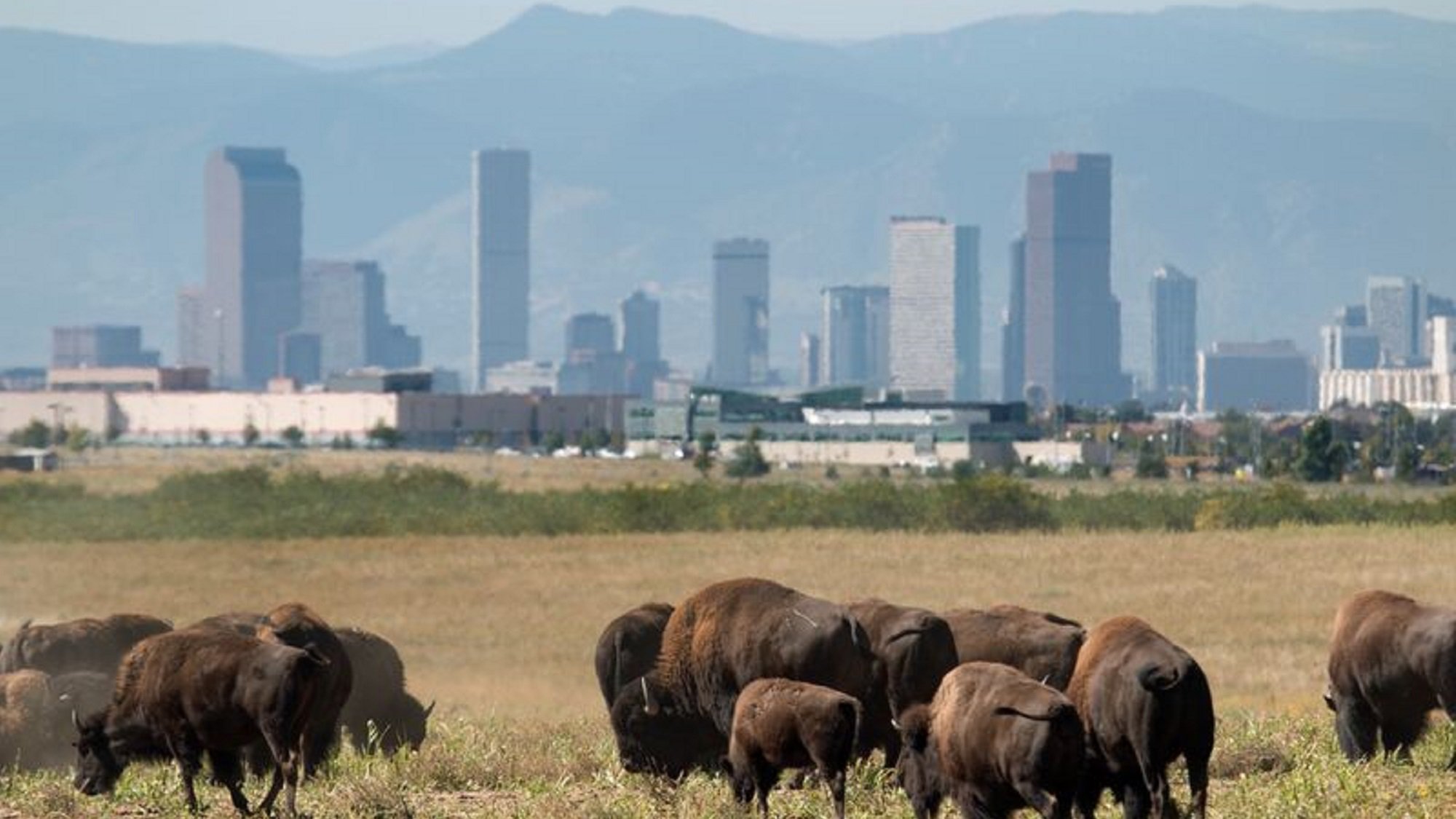
In the WWF’s Living Planet Report researchers compared the number of vertebrates, for 12,000 population and more than 3,700 different species between 1970 and 2012. The results are shocking.
Within these forty years that have passed, more than half (58 percent) of the animals disappeared, and it gets worse. When 50 years have passed, in 2020, the researchers estimate that a full two-thirds will be gone if the trend continues.
It has previously been pointed out by many researchers that we are amidst a sixth mass extinction event. The latest mass extinction event since the dinosaurs died out 65 million years ago.
Wild animals are disappearing at a rate we have never seen before. It is not only the wonderful species we love, diversity is also the foundation for healthy forests, rivers and oceans. If you remove too many species, the ecosystem will collapse along with clean air, water, food and other ecosystem services that we humans depend on, according to Marco Lambertini, Secretary General of WWF International.
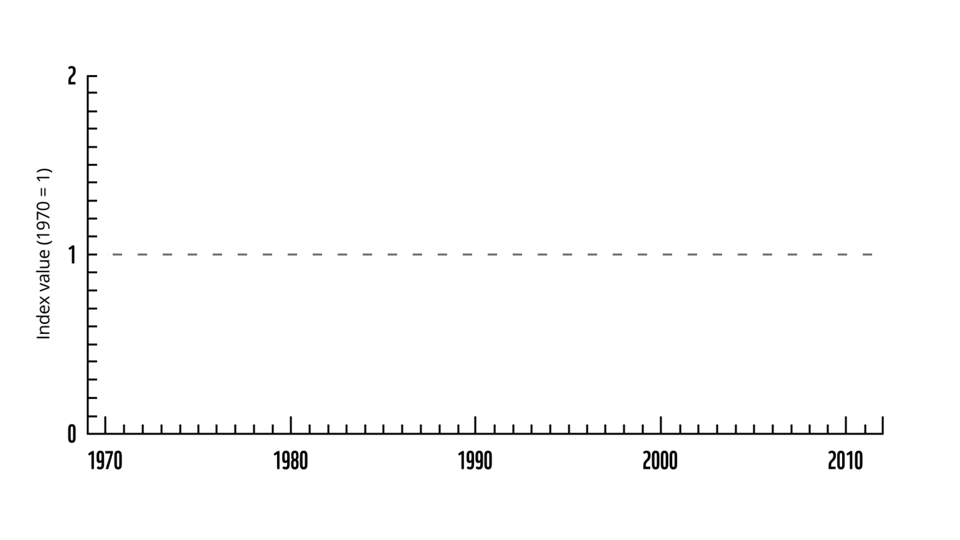
UN aims to halt the loss of biodiversity by 2020, but chances to halt this negative trend within just four years, looks bleak. We ignore the decline of other species at your own risk – for they are the barometer that reveals our impact on the Earth said Mike Barrett to AP, he is the director of science and policy at WWF-UK.
It is primarily about species in the tropics, fish, and amphibians. Their habitat is shrinking, with the destruction of land and forestry. Then, over-fishing leads to extinction. Climate change and pollution affect animals worldwide.
But all is not bleak, throughout Europe, most large animals and birds are increasing. There is some light in the tunnel. It is evident that when resources and good conservation practice are applied, biodiversity goes up. And it is important to point out that this is a reduction – not yet extinction. But it should be a wake-up call for efforts to enable these species to recover, said Ken Norris to AP, the director of the Zoological Society of London.
Reference:
WWF: Living Planet Report 2016
Wikipedia: Major extinction events

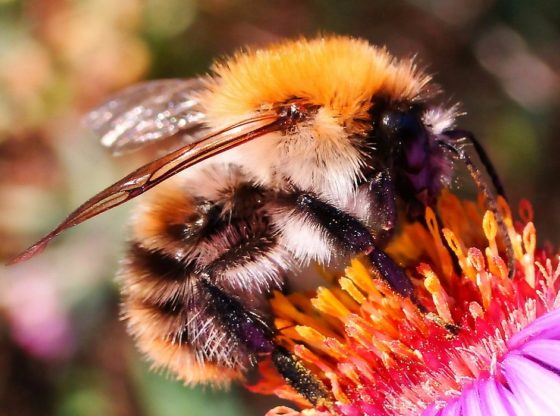
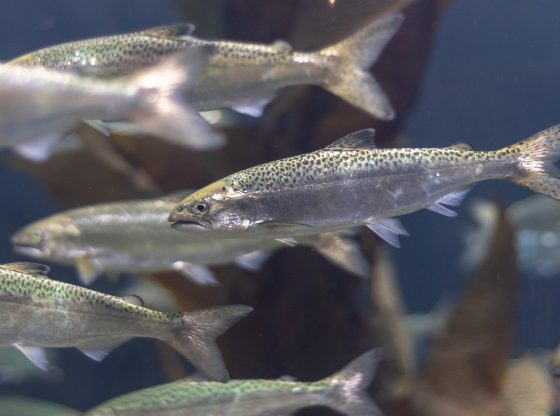


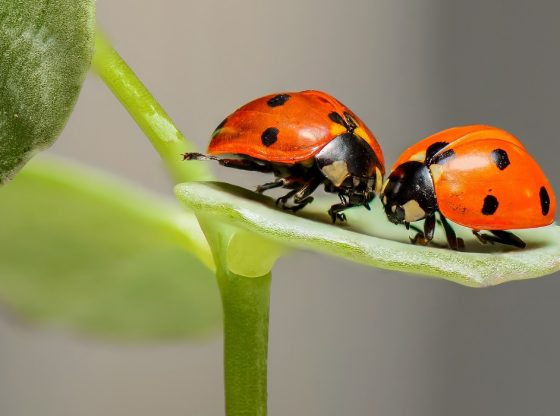
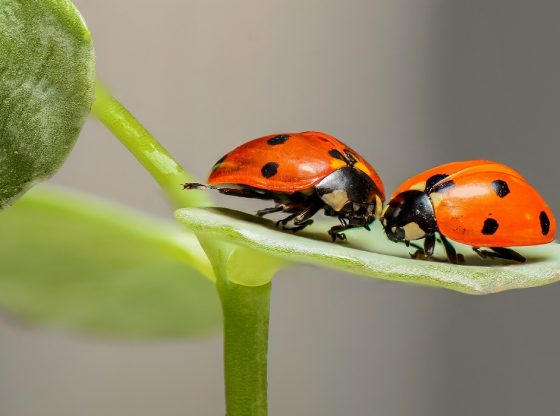

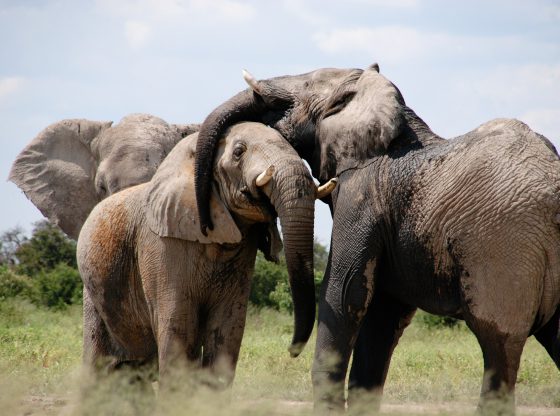


![OpenAI. (2025). ChatGPT [Large language model]. https://chatgpt.com](https://www.illustratedcuriosity.com/files/media/55136/b1b0b614-5b72-486c-901d-ff244549d67a-350x260.webp)
![OpenAI. (2025). ChatGPT [Large language model]. https://chatgpt.com](https://www.illustratedcuriosity.com/files/media/55124/79bc18fa-f616-4951-856f-cc724ad5d497-350x260.webp)
![OpenAI. (2025). ChatGPT [Large language model]. https://chatgpt.com](https://www.illustratedcuriosity.com/files/media/55099/2638a982-b4de-4913-8a1c-1479df352bf3-350x260.webp)








